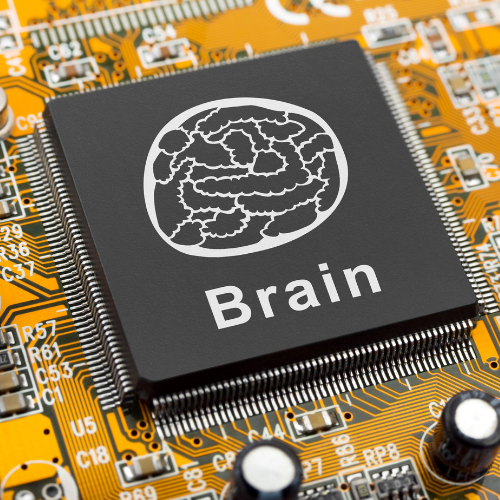Artificial Intelligence (AI) has been transforming industries across the board, and computer chips are at the forefront of this transformation. The emergence of AI has increased demand for more powerful and efficient computer chips to process vast amounts of data and run complex algorithms. In this article, we will explore the role of AI in computer chips, the challenges in designing and manufacturing AI-enabled chips, and the future of AI and computer chips.
Role of AI in Computer Chips
AI requires large amounts of data processing and analysis, which can strain traditional computer chips. AI-enabled chips are designed to handle the intensive computations required for AI applications. These chips typically have specialized hardware and software optimized for AI workloads, such as machine learning algorithms.
One example of an AI-enabled chip is the Graphics Processing Unit (GPU), originally developed for video games. GPUs are highly parallelized, meaning they can perform many computations at once. This makes them ideal for AI applications, which require large amounts of parallel processing.
Another example is the Field-Programmable Gate Array (FPGA), which is designed to be reconfigured to perform different tasks. FPGAs are highly customizable, making them useful for AI applications that require tailored solutions.
Challenges in Designing and Manufacturing AI-enabled Chips
Designing and manufacturing AI-enabled chips presents several challenges. One challenge is the need for specialized skills and expertise. AI requires knowledge of machine learning algorithms, data processing, and hardware design. Engineers must have a deep understanding of these fields to design and manufacture AI-enabled chips successfully.
Another challenge is the need for efficient power consumption. AI workloads can be computationally intensive, requiring significant amounts of power. Efficient power consumption is crucial for both performance and cost reasons. AI-enabled chips must balance performance and power consumption to provide optimal results.
A third challenge is the need for efficient data storage and access. AI workloads require vast amounts of data, which must be stored and accessed efficiently. AI-enabled chips must have fast and reliable access to data to provide optimal performance.
Future of AI and Computer Chips
The future of AI and computer chips is promising, with continued advancements in both fields. AI-enabled chips are becoming increasingly common, with more specialized hardware and software designed for AI workloads. As AI continues to evolve, we can expect to see even more powerful and efficient chips optimized for AI applications.
One area of interest is neuromorphic computing, which is inspired by the human brain. Neuromorphic chips use artificial neurons to perform computations, mimicking the way the brain processes information. Neuromorphic computing has the potential to revolutionize AI by providing more efficient and powerful chips optimized for neural network algorithms.
Another area of interest is edge computing, which involves processing data closer to where it is generated, rather than transmitting it to a remote server. Edge computing is useful for AI applications that require real-time processing, such as autonomous vehicles and drones. AI-enabled chips optimized for edge computing can provide faster and more efficient processing, reducing latency and improving performance.
Conclusion
AI has transformed the computer chip industry, with specialized hardware and software designed for AI workloads. AI-enabled chips have become increasingly common, with GPUs and FPGAs providing powerful and efficient processing for AI applications. The challenges in designing and manufacturing AI-enabled chips include the need for specialized skills and expertise, efficient power consumption, and efficient data storage and access.
The future of AI and computer chips is promising, with continued advancements in both fields. Neuromorphic computing and edge computing are two areas of interest, providing more efficient and powerful chips optimized for AI applications. As AI continues to evolve, we can expect to see even more powerful and efficient chips designed for specific AI workloads, further transforming industries and creating new opportunities.

